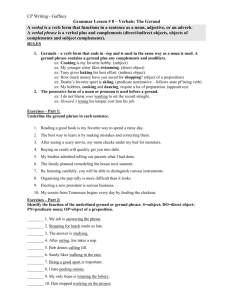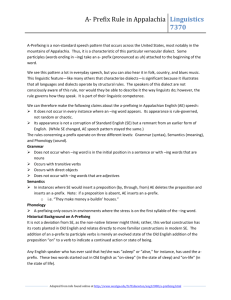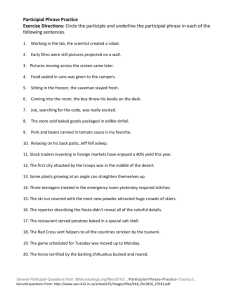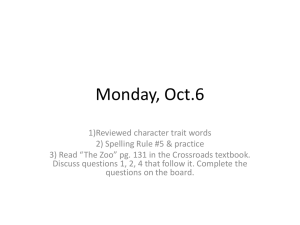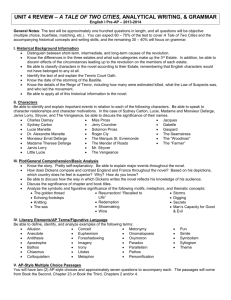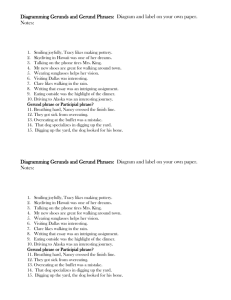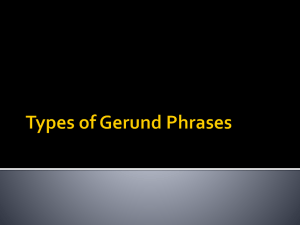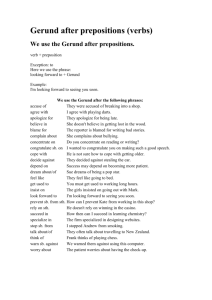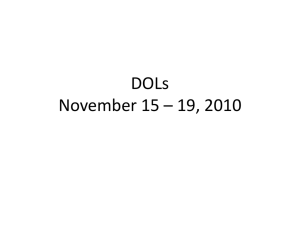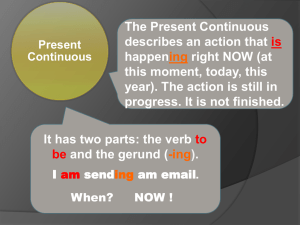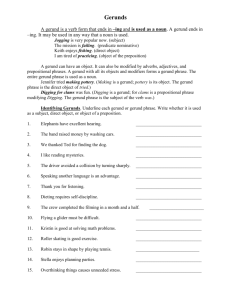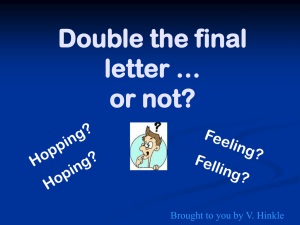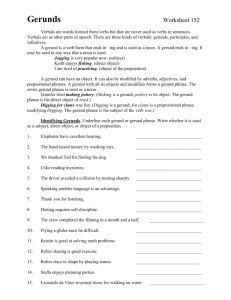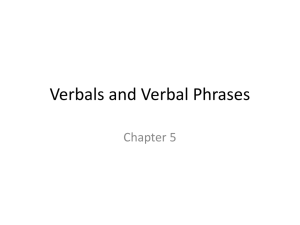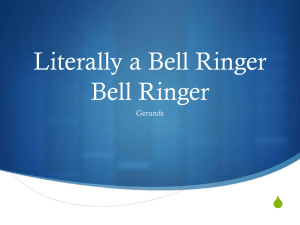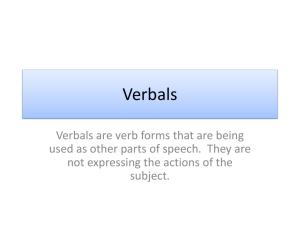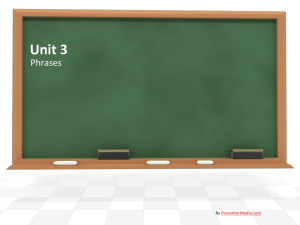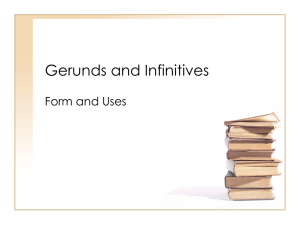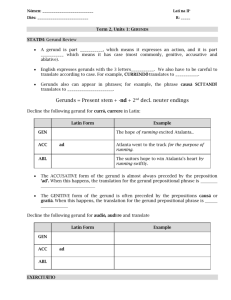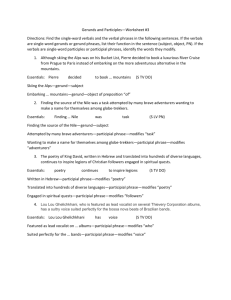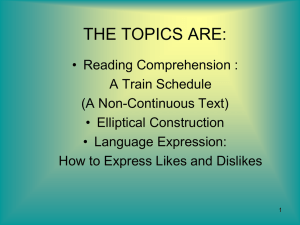Suffixal Homophones
advertisement
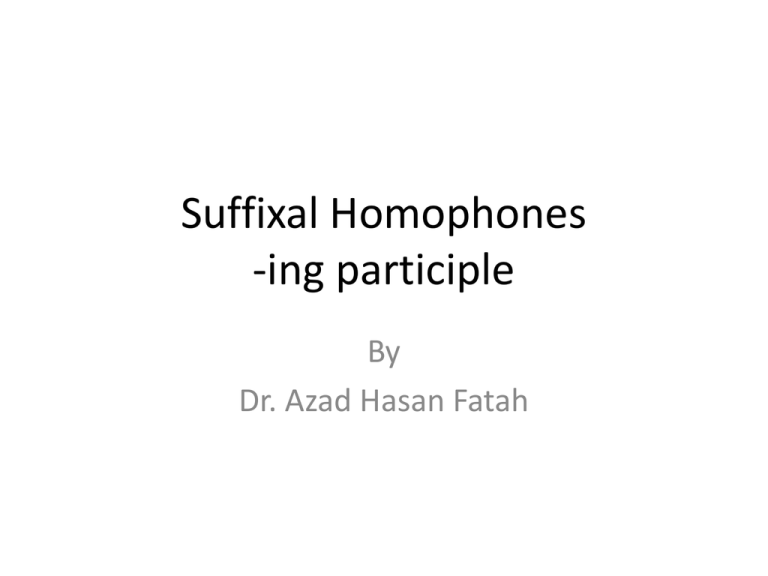
Suffixal Homophones -ing participle By Dr. Azad Hasan Fatah Gerundive -ing • Sometimes a verb may be ended in an –ing functioning as a noun. This means that it occupies the nominal position. Similar to any English noun, it functions as subject, direct object, indirect object, object of preposition, subject complement (predicate nominative), object complement. • This –ing is derivational, since it does not close off the words and the nominal inflectional morphemes can be added. Teachings, paintings, drawings, readings, etc. • Teaching is fun. • Maria likes reading. • • • • • • • • • • • A fun time for Rachel is reading. (predicate nominative). Her favorite hobby is swimming. His passion, traveling, inspired him in many ways. (appositive) Mary keeps talking about her problem. Geraldine has a love for traveling. (object of the preposition) A gerund phrase includes the gerund, its modifiers, and the words that complete the idea begun by the gerund. In each sentence, the gerund is italicized, and the gerund phrase is underlined. Shopping for new dresses excites Terry Anne. (subject) The orchestra members enjoy rehearsing for long periods of time. (direct object) Tommy's passion is running long distances. (predicate nominative) Joanna's love, running, kept her very fit. (appositive) Can you pass the test by studying very hard this month? (object of the preposition) • The man signaling to you is my grandfather. (participial phrase) • Signaling to you was not difficult. (gerund phrase) • The player passing the soccer ball is James. (participial phrase) • Passing the soccer ball was hard for that man. (gerund phrase) • He started talking about the festival. -ing adjectival • It is the homophonous form of –ing verbal. It is derivational because it changes the part of speech of the verbal root to which it is added. These words ended by the –ing adjectival precede the head of a noun phrase. They can be preceded by the qualifiers such as too, so, rather and very. They are also preceded by more or most. • This is a more exciting movie. Tests • The adjectival –ing can occur after linking verbs and verb to be. So they will be predicative adjective, as in • He told a convincing tale. • The tale seems convincing. • The barking dog keeps all awake. • *The dog seems barking. • • If the –ing word can take the object, then it is the verb, as in • It was embarrassing me. • In contrast, if the –ing word can be modified by very, it is an adjective, as in • It was (very) embarrassing. • the verbal –ing can precede and follow the nouns. Such as, • The house burning • The burning house • In the case of reduced relative clause (whiz deletion) the ing would be verbal, as in • The man waving his hand is my friend. Exercises • Identify the type of the suffixes at the end of the following underlined words. Give sound reasons for your answers: 1. The meeting will be at 10 a.m. 2. Her amazing dancing excited the audience. 3. Don't get too excited by the sight of your name in print. He was very excited to be asked to play for Wales. 4. Some horses become excited when they are in traffic. Exercises • I like swimming in the deep pools.
